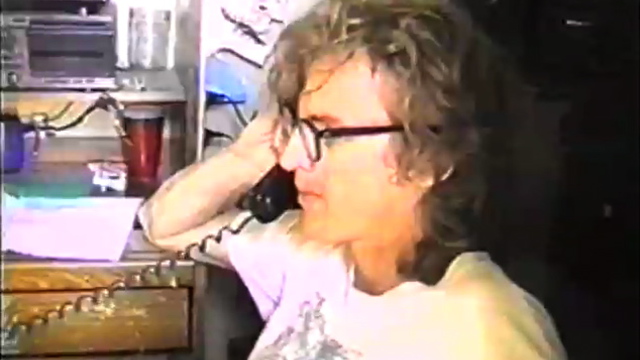campaign
Investigation by the Expose Accenture, the Movement Research Unit, and the Progressive International
Today, the Progressive International, Expose Accenture and the Movement Research Unit release the Accenture Files, revealing the central role of the world’s largest consultancy in the global right-ward turn towards surveillance, exclusion, and strong-men: The Reactionary International.
Based on extensive fieldwork, interviews, and a comprehensive review of internal documents, our investigation demonstrates how Accenture has quietly embedded itself deep into the apparatus of security states worldwide, deploying its vast network of resources, wealth and technology to surveil entire populations, fuel the military-industrial complex and channel immense public wealth to private hands.
Read
